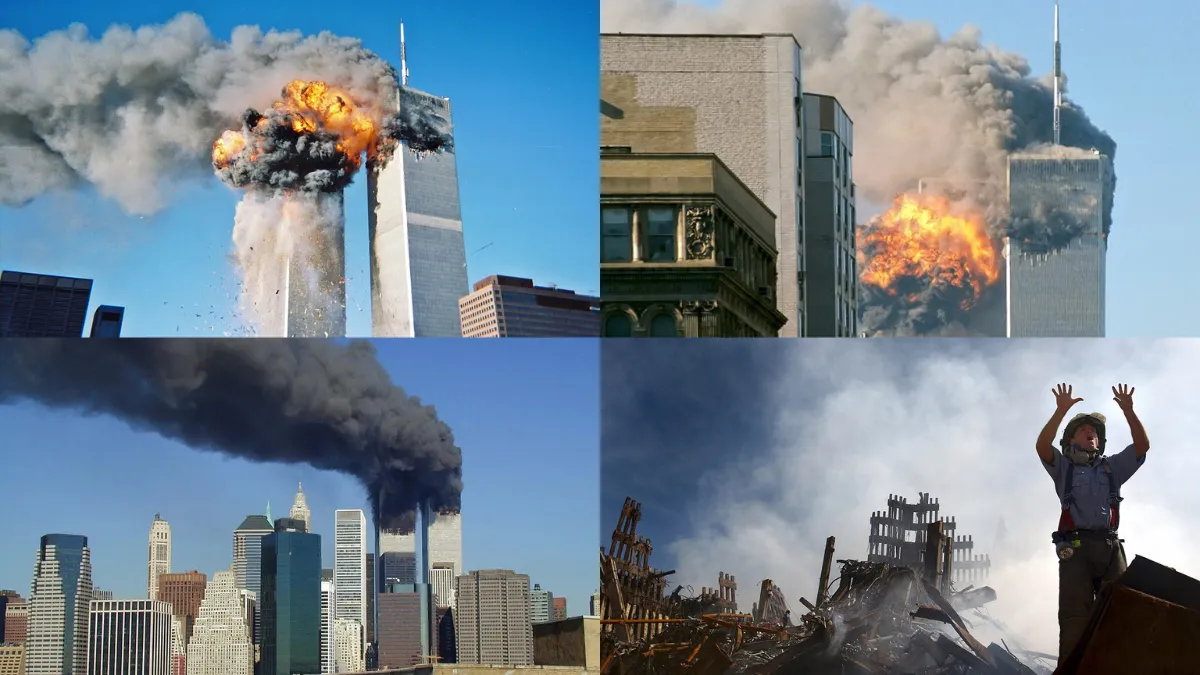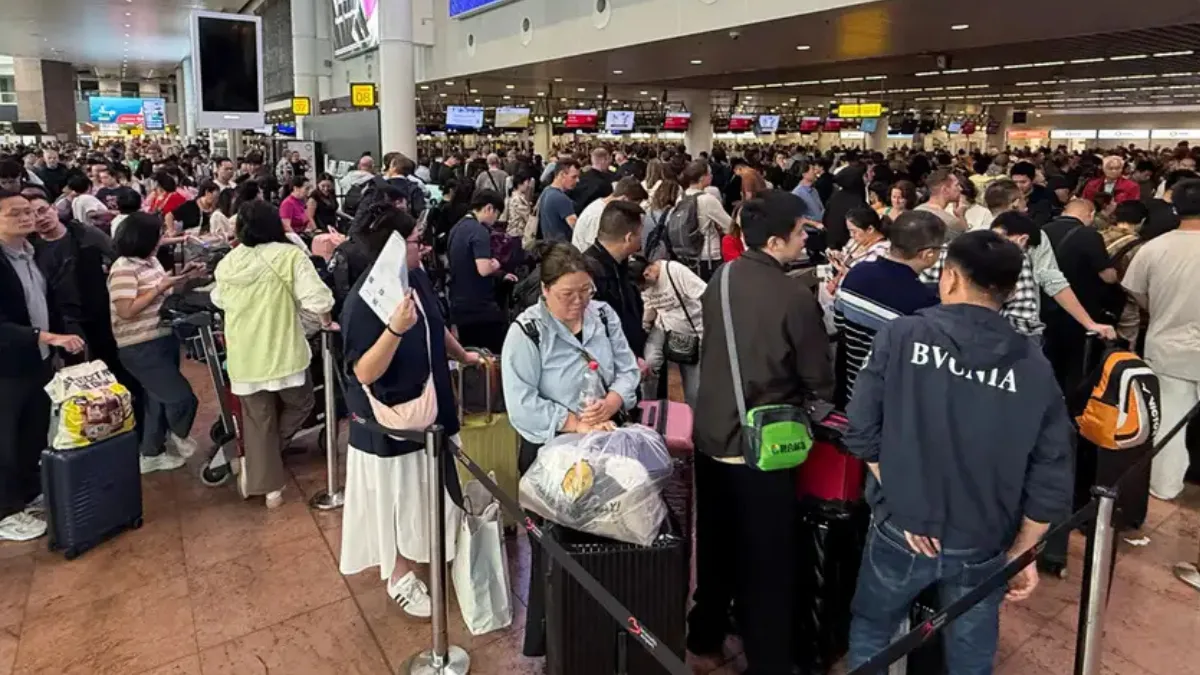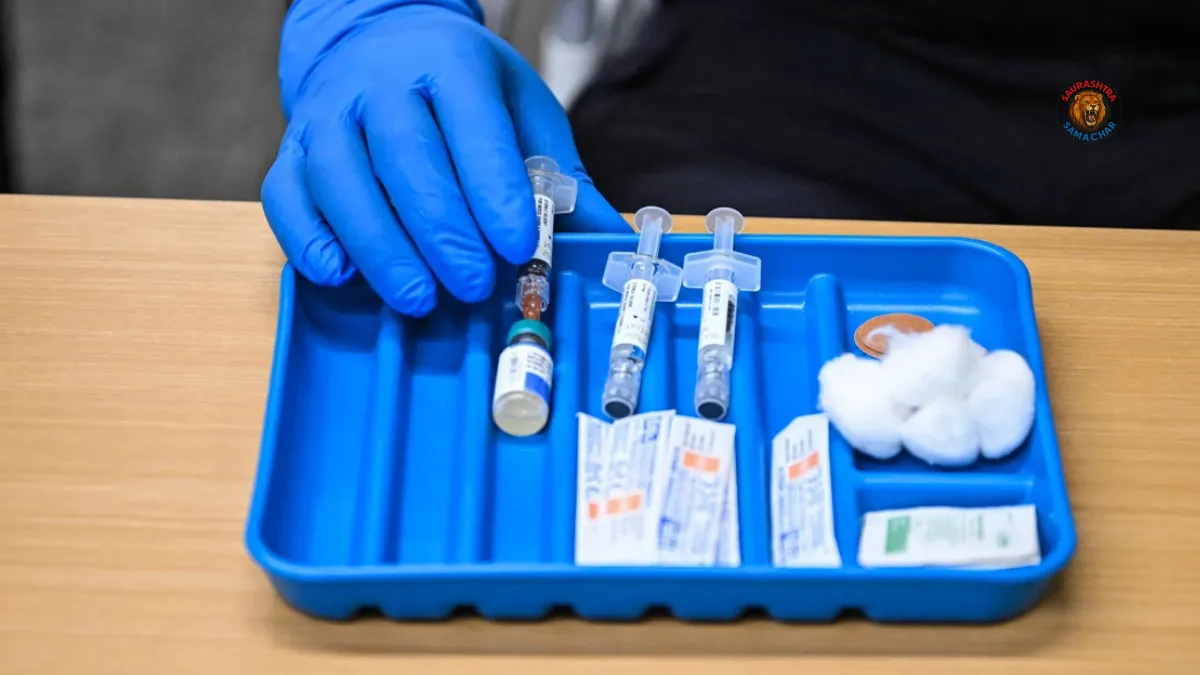Washington, D.C. – Twenty-four years after the 9/11 Terror Attacks, Americans across the nation paused once again to honor the nearly 3,000 innocent lives lost on September 11, 2001. The day that forever changed U.S. history continues to be remembered with ceremonies, tributes, and acts of service in New York City, Washington, D.C., Pennsylvania, and beyond.
At sunrise, a giant American flag was unfurled outside the Pentagon in Arlington, Virginia. The symbolic act marked the beginning of a day filled with memorial services, name readings, and quiet reflection. For many, this anniversary is not just about remembering the past but about passing on the legacy of resilience to a new generation that has grown up in the post-9/11 world.
Remembering the Pentagon Victims
One of the most solemn events took place at the Pentagon, where American Airlines Flight 77 was hijacked and deliberately crashed into the building. The attack killed 184 military personnel and civilians, leaving a scar that remains deeply felt among the defense community.
A memorial service was organized on the Pentagon grounds, where families, military leaders, and survivors gathered. According to the Department of Defense, this annual tribute serves as both a reminder of the sacrifices made and a call to remain vigilant against terrorism.
President Donald Trump and First Lady Melania Trump were expected to attend the Pentagon memorial before traveling later in the day to New York City for a symbolic visit to Yankee Stadium, where the Yankees were scheduled to face the Detroit Tigers. Their presence highlights how political leaders, regardless of party, continue to stand united in honoring those who perished during the 9/11 Terror Attacks.
Ground Zero: A Place of Eternal Memory
In Manhattan, the emotional core of the commemorations unfolded at the National September 11 Memorial & Museum, also known as Ground Zero. Families of the victims gathered at the memorial pools, which are built on the footprints of the former Twin Towers.
As has become tradition, relatives and loved ones took turns reading aloud the names of those killed when two hijacked planes, United Airlines Flight 175 and American Airlines Flight 11, struck the World Trade Center towers. The ceremony was punctuated by six moments of silence — each marking the exact times when the planes hit, when the towers fell, and when Flight 77 and Flight 93 went down.
Vice President JD Vance and Second Lady Usha Vance joined New Yorkers at the event, demonstrating the continued bipartisan respect for this day of remembrance. Their attendance underscored how 9/11 Terror Attacks remain a defining moment for every American, shaping not only national security policies but also personal lives.
Shanksville, Pennsylvania: Honoring Flight 93 Heroes
The quiet fields of Shanksville, Pennsylvania, once again became a sacred space of memory. Here, United Airlines Flight 93 crashed after passengers and crew heroically fought back against hijackers, preventing them from reaching their intended target in Washington, D.C.
At the Flight 93 National Memorial, families, survivors, and officials gathered for a wreath-laying and name-reading ceremony. Veterans Affairs Secretary Doug Collins attended, honoring the courage of those aboard who sacrificed their lives to save countless others.
For many, Shanksville represents the spirit of resistance and the bravery of ordinary citizens who rose to extraordinary challenges during the 9/11 Terror Attacks.
Local Tributes in Washington, D.C.
While national leaders paid their respects, the local community in Washington, D.C., also organized deeply moving tributes. Recruits from the city’s Fire and EMS Department climbed the drill tower steps, symbolizing the ultimate sacrifice of the 343 FDNY firefighters who died rushing into the burning towers in New York City.
Arlington County hosted its annual remembrance ceremony, which included a wreath-laying near the Pentagon Memorial. Local officials urged citizens to reflect not only on the past but also on the importance of unity in today’s divided political climate.
Meanwhile, drivers across the D.C. area were advised to expect delays and road closures throughout the morning. Roads near Arlington National Cemetery and Route 27 from I-395 to Memorial Circle were temporarily closed between 8:30 a.m. and 10 a.m. to ensure the safety of ceremonies and processions.
A Shadow of Violence Amid Commemoration
This year’s anniversary observances occurred against the backdrop of heightened political tensions in the United States. Just a day before the 24th anniversary, conservative activist Charlie Kirk was shot and killed while speaking at a college event in Utah.
The tragic incident added a somber layer to what has traditionally been a day of unity for Americans. Many commentators noted that the spirit of togetherness seen in the immediate aftermath of the 9/11 Terror Attacks feels increasingly fragile in today’s polarized society. Nonetheless, officials and families emphasized that remembering September 11 must remain a nonpartisan act of honor and healing.
The Legacy of 9/11: Then and Now
The 9/11 Terror Attacks were the deadliest terrorist assaults in U.S. history, claiming nearly 3,000 lives and wounding thousands more. They reshaped global geopolitics, leading to wars in Afghanistan and Iraq, the creation of the Department of Homeland Security, and sweeping changes to airport and border security.
Two decades later, the impact of that morning continues to be felt:
- Security: Stringent TSA screenings, intelligence-sharing among global allies, and new counterterrorism strategies became the norm.
- Foreign Policy: The U.S. military presence in the Middle East was reshaped, with lasting consequences for international relations.
- Personal Lives: Families who lost loved ones still feel the pain, while younger generations learn about 9/11 as history, not personal memory.
For today’s youth, many of whom were not even born when the attacks happened, schools across the country use this anniversary to teach about the events, the victims, and the resilience that followed.
Acts of Service: Turning Tragedy into Unity
Beyond ceremonies, the 9/11 anniversary has also become a national day of service and remembrance. Volunteer organizations, churches, and schools across America encourage citizens to give back to their communities. Blood drives, food donations, and neighborhood cleanups were organized nationwide, echoing the spirit of solidarity that united Americans in 2001.
“Turning grief into action is the best way to honor those we lost,” said one volunteer coordinator in Washington. This philosophy reflects how the 9/11 Terror Attacks not only brought sorrow but also inspired a lasting culture of service.
The Importance of Never Forgetting
Every year, as the anniversary comes and goes, survivors and families stress one important message: “Never Forget.” This phrase has become synonymous with the collective promise of the American people to keep the memory of September 11 alive.
At Ground Zero, children of victims often join the name-reading ceremony, ensuring that the legacy of their parents and grandparents continues. Museums, documentaries, and personal testimonies play a crucial role in reminding future generations of the cost of complacency and the power of resilience.
Also read: America Marks 24 Years of 9/11: A Nation Remembers the Day That Changed History
Conclusion: A Day of Pain, Memory, and Hope
As the sun set on the 24th anniversary of the 9/11 Terror Attacks, America once again proved that it will never forget the tragedy that reshaped its history. From the solemn silence at Ground Zero to the flag unfurled at the Pentagon, from the windswept fields of Shanksville to the local tributes in Washington, every act of remembrance carried the same message: unity, resilience, and respect for the fallen.
Even as political divisions and new challenges test the country today, the memory of 9/11 continues to serve as a reminder that, in the face of terror, the American spirit endures.














